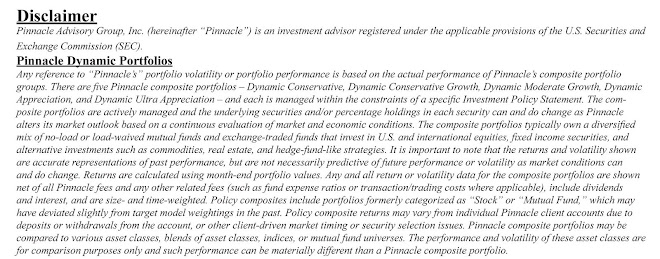Last week I had the privilege of speaking to the Maryland Chapter of the Financial Planning Association about my book, Buy and Hold is Dead (Again). The results were entirely consistent with my talks to other industry groups about the subject of active management. There were about 5 advisors in the audience nodding their head in agreement because they already knew what I was talking about, and another 10 advisors nodding their heads because they suspected they knew what I was talking about, and were relieved to hear a speaker say what they had been thinking to themselves. However, the other 40 or so advisors had the same “deer in the headlights” look that I am used to seeing while they learn that the most cherished assumptions about how they manage money, and how they manage their business and client relationships, are probably wrong.
I don’t envy them their discovery. To find out that there is very little science behind Modern Portfolio Theory and the Capital Asset Pricing Model is troubling, and then to find out that the Efficient Markets Hypothesis is based on a pricing theory called Rational Expectations, which in turn is based on very troubling assumptions, is bad enough. But after finding out that most of the Nobel Prize winning gospel that we have clung to for fifty years has been disproved, they next find out that there is no easy answer for how to actively manage money, even if they decided that they wanted to.
Unfortunately, as I say in the book, there is no one correct methodology for determining value, for deciding where we are in the market cycle, or to utilize technical analysis to measure how investors are moving the market. Instead, my message to the Maryland Chapter of the FPA was that they need to start over, and to learn from the ground up how to develop a forecast and then execute that forecast in a dynamic portfolio construction designed to earn excess returns above market returns. For them it must have been a terrible afternoon. After all, Certified Financial Planners are taught that you shouldn’t try to formulate a forecast because forecasts are another term for the hated and reviled act of market timing, and you shouldn’t try to earn excess returns because the markets are assumed to be efficient. Since market timing (active management) is necessary to earn excess returns, and excess returns are necessary in secular bear markets, it probably wasn’t their best day.

